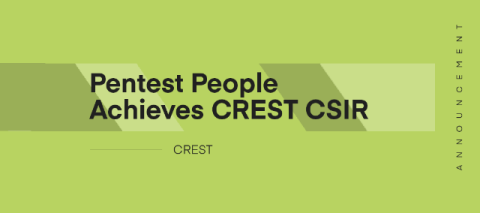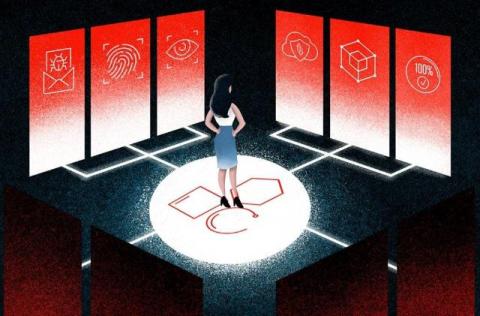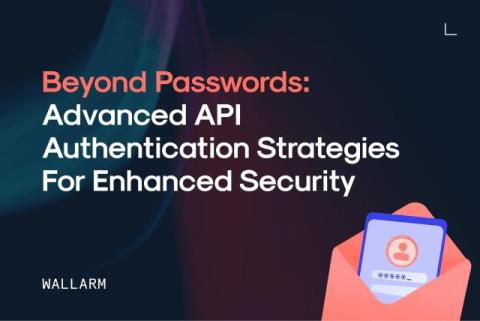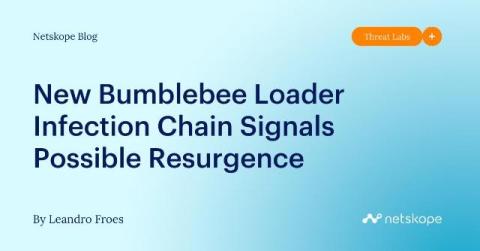8 Compliance Challenges Enterprises Face in 2024
Compliance is a critical concern for businesses today, but navigating the rules can be overwhelming. With regulations constantly evolving, many organizations struggle to keep up. I had the opportunity to participate in a recent virtual panel with Ashish Tandon, Founder & CEO of Indusface. Over the years, I have consulted with multiple large enterprises across geographies and industries. Below are the top challenges that they face as far as compliance is concerned.











